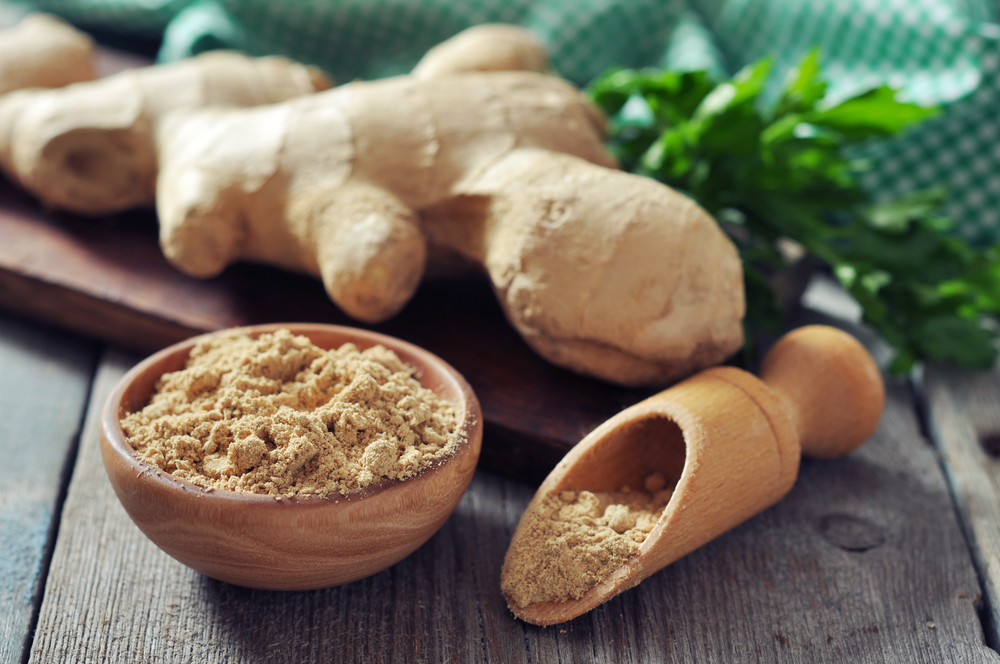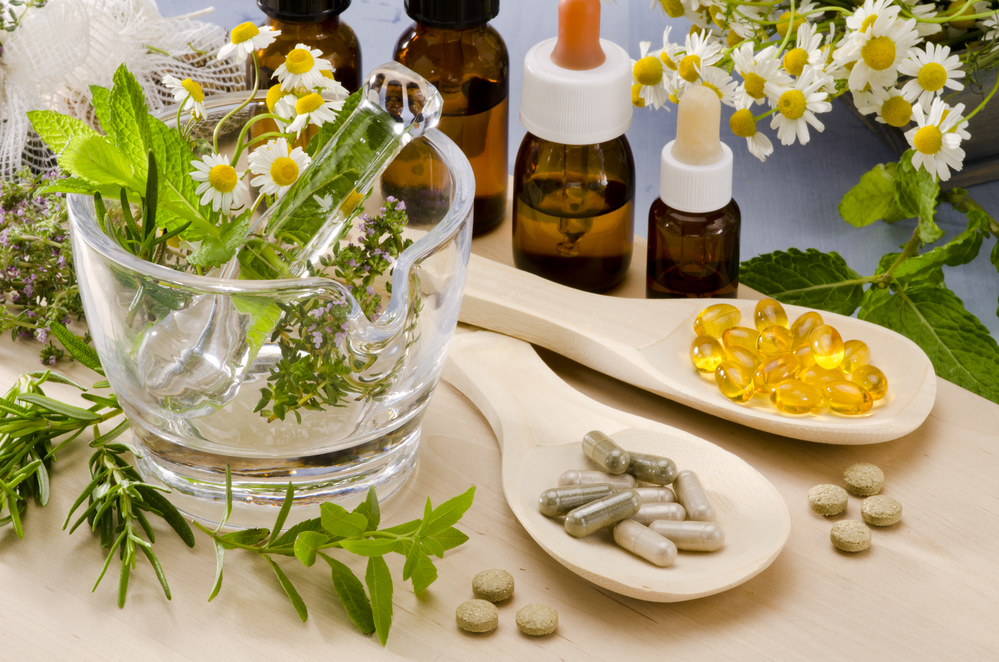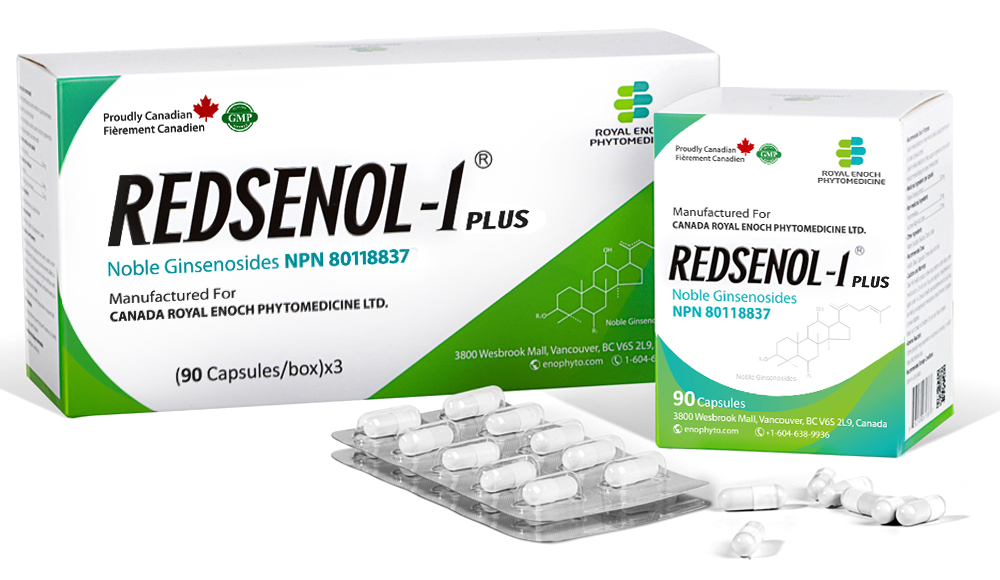Health benefits of ginger
 Ginger is a traditional plant used as a spice and herbal medicine. Thanks to brilliant nutritional and medical values, ginger has gain popularity for thousands of years around the world.
Ginger is a traditional plant used as a spice and herbal medicine. Thanks to brilliant nutritional and medical values, ginger has gain popularity for thousands of years around the world.
The pharmacological benefits of ginger are mainly attributed to gingerols and shogaols. Gingerols are naturally occurring in fresh ginger while shogaols, abundant in dried ginger, are converted by dehydration from gingerols.
Ginger shows huge potential in diseases like cancer, osteoarthritis, and diabetes, and their therapeutic effects on human beings still need clinical confirmation. This article focuses on listing some already proven health benefits of ginger.
Reducing colds symptoms
Ginger exhibits anti-inflammatory activity, and it is traditionally used in Herbal Medicine as a cough suppressant to prevent coughs and colds. Ginger is helpful to prevent colds for people being in air conditioning all day in summer.
Relieving gastrointestinal complaints
Ginger shows antimicrobial properties that may help fight infections. Food is more easily subject to bacterial contaminants in summer. Eating fresh ginger or drinking ginger tea could help relieve gastrointestinal complaints caused by bacterial infections.
Benefiting spleens and stomach
Ginger has a strong acrid and spicy taste and could help facilitate blood circulation. A taste for cold drinks like ice creams in summer can discomfort spleen and stomach, and ginger is a good recipe for warming the spleen and stomach to prevent serious illness. Also, ginger can help improve appetite for people with poor appetite in summer.
Preventing nausea and vomiting
The antiemetic activity of ginger has attracted great attention and researchers have found that ginger shows good performance in relieving nausea and vomiting of many causes. Some clinical studies indicated that ginger consumption could help reduce chemotherapy-related and postoperative nausea.
Ginger appears to be safe for most people, and no specific side effects have been found yet.
The content of active ingredients in ginger preparation is low, and there is no ginger dosage standardization. The suggested daily dose varied for different preparations from 250 mg to nearly 5 g.
Some clinical trials chose ginger products containing 5% gingerol. A few studies indicated the benefits of increasing the daily frequency of ginger use, and three to four-time daily may be more helpful than just once.


